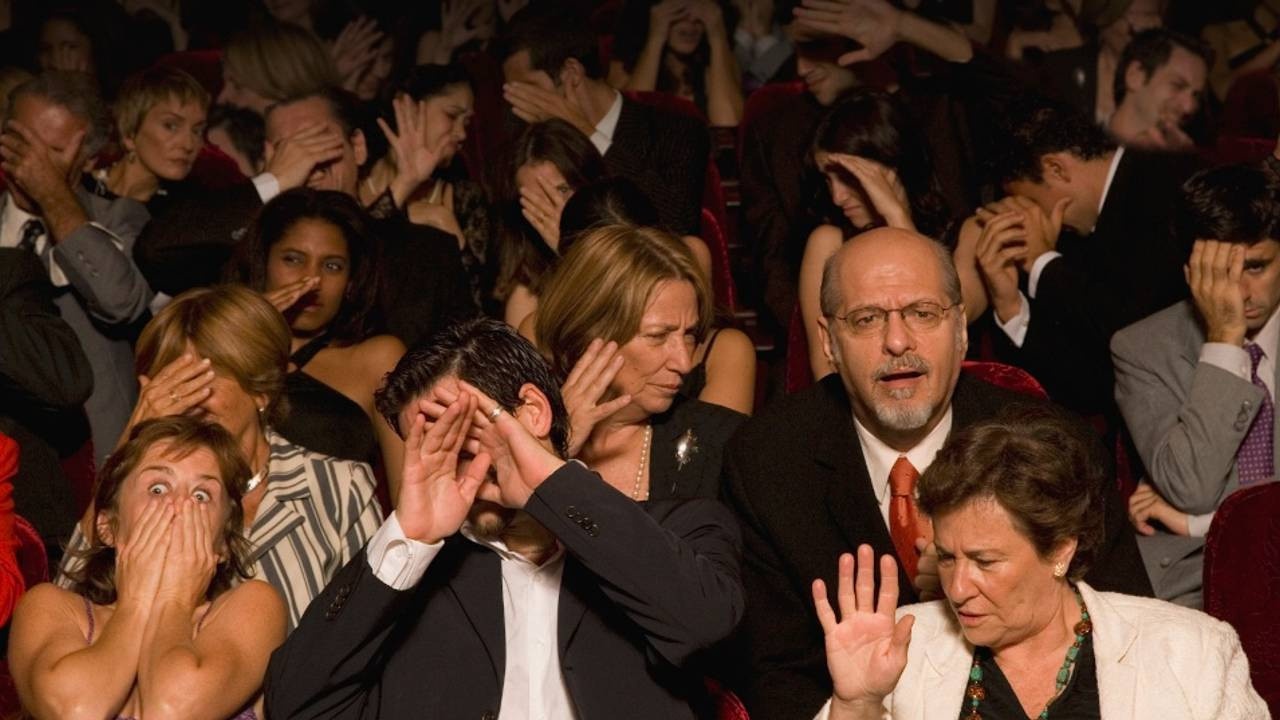Why The Bystander Effect Has It All Wrong
Apr 06, 2021
This past week, I've been thinking more about the so-called bystander effect, and about what encourages pro-social, "heroic" behavior. I wrote about this before the US election last November, about how the concept of the bystander effect is incomplete, flawed even. In short, there is ample evidence that when not surrounded by (secretly instructed) passive bystanders, people tend to help, even at personal risk.
So I've been wondering why this notion of a cruel, self-centered, unhelpful world has such traction in our time, despite evidence showing that we are generally empathic and active interventionists. It led me to wonder who benefits from such a narrative, this tale that people are innately passive -- even selfish -- bystanders? Put another way, what changes might happen if more of us were motivated by a realization that actually, our desires for a beloved community are widely shared?
We are accustomed to thinking that active caring is unusual, maybe a consequence of a relatively rare good attachment history. For example, this study from the University of British Columbia on "brave and caring exemplars," found that people who act in moral, prosocial ways, are (as you might expect) typically more motivated by beliefs of "agency and communion, more likely to construe critical life events redemptively, more frequently identified helpers in early life, and reported more secure attachments."
And yet, maybe our sense of how good people are is flawed and incomplete, like our assumptions about the bystander effect.
At Yale, there is a research group focused on communication about climate change. Among some the visually-compelling results of their research, two findings are relevant here. Most startling is that we may be overestimating the prevalence climate change denial. Across the US, conservative or liberal, an average of 72% accept that climate change is a thing. I definitely thought there were more people convinced that it's a hoax. And yet, despite how many of us are worried, most of us (6 in 10 in the US) rarely or never talk about it. In other words, our preconceptions and doubts of how other people feel may be preventing us from uniting to work on something we want to change.
May you feel safe this week, and may this sense of safety inspire you. The pandemic continues to provide opportunities for learning. May your learning feel gentle and strong.
Lars Vala
4 April 2021
Stay connected with news and updates!
Join our mailing list to receive the latest news and updates from our team.
Don't worry, your information will not be shared.
We hate SPAM. We will never sell your information, for any reason.
